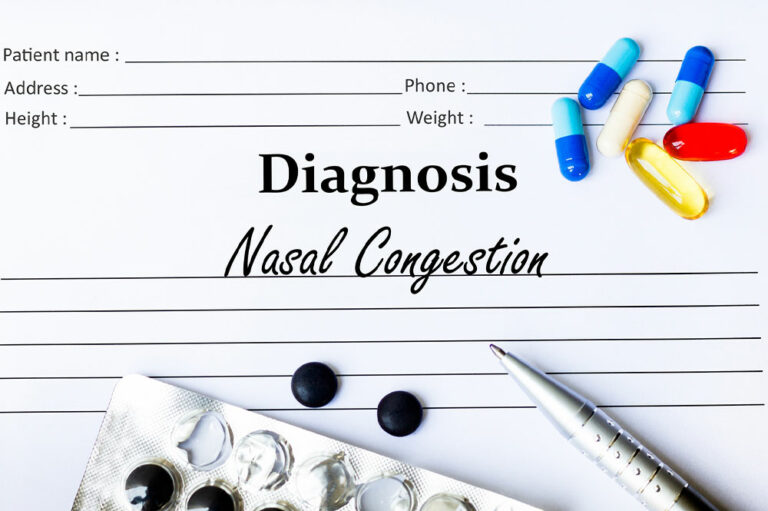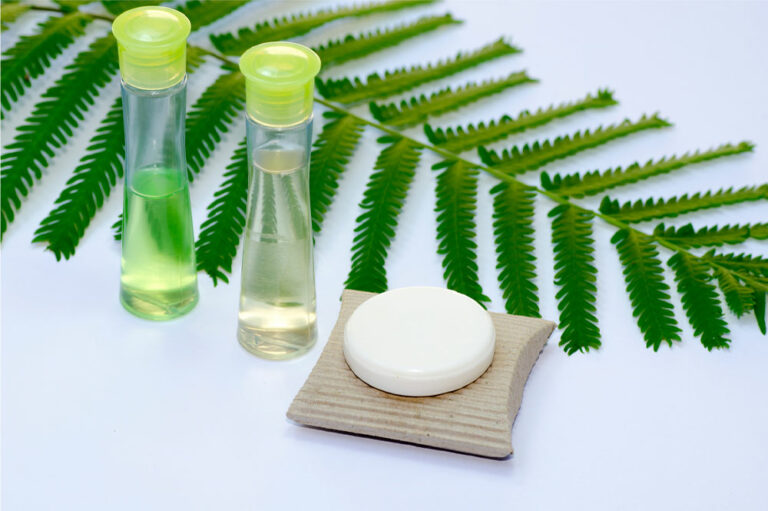
Hyperglycemia – Causes, symptoms, and management
According to experts, nearly 28.7 million people live with diabetes in the country. These statistics indicate the need to manage high blood sugar levels to keep this condition at bay. High blood sugar, also known as hyperglycemia, contributes to several conditions like diabetes or kidney diseases. However, one can prevent or delay such complications by following healthy lifestyle habits and monitoring blood sugar levels. Read on to learn about hyperglycemia, its causes, symptoms, and management. Hyperglycemia Hyperglycemia is a condition that results from glucose concentration in the blood. Glucose is the body’s primary energy-providing source, which comes from the food you eat. On the other hand, insulin is a hormone secreted by the pancreas, responsible for releasing glucose as needed into the bloodstream to carry out day-to-day activities. The blood glucose level might fluctuate throughout the day due to various factors, including your physical activity and the food you eat. When the insulin level is too low, the cells cannot receive adequate energy for normal functioning. The lack of energy will force the pancreatic cells to secrete more insulin, which the body cannot use. It will, in turn, increase the glucose concentration in your blood, leading to hyperglycemia. Symptoms High blood sugar is associated with severe health ailments, including skin problems, dental diseases, heart problems, and neuropathy.
Read More 










